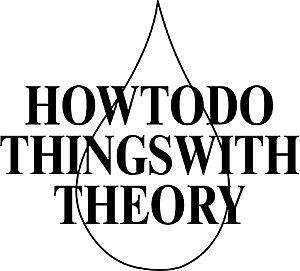Towards an Embodied Ethics of Attention
Amit's paper explores the paradoxes and ethics of the 'arts' of mindfulness for organisational theory and practice in capitalist cultural production. It nurtures a politicised and collective sense of rage (Audre Lorde, “The Uses of Anger”) at the abject scripts of immiseration, dispossession, standardisation, and extractivist violence that cover over and neutralise histories of white supremacy and European colonisation by re-posing the problem of “individual” attention as a question of intersectional and anti-capitalist bodies potentialized through communities of care that reconnect embodied attention to what it can do. Drawing on commoning practices of critical race and feminist scholars (Glissant, Sharpe, Verges, N’Gūgi), decolonial (Escobar, Anzuldua, Mignolo), postcolonial (Mbembe, Mohanty, Spivak), and disability justice scholars (Piepzna-Samarasinha, Puar), and intersectional organisers (Barak ade Soleil, and Chinasa Vivian Ezugha at London's Live Art Development Agency), this paper argues that attentional problems and practices are critical to the refusal of administered creativity under racial capitalist cultural production. Toward that end, this essay presents some non-convergent series of attentional paradoxes that once distilled in the crucible of (y)our histories could potentially form a kind of user's guide to experiments with modes of exit from the circuits of affects and signs organising (post)capitalist ecosystems of attention.

